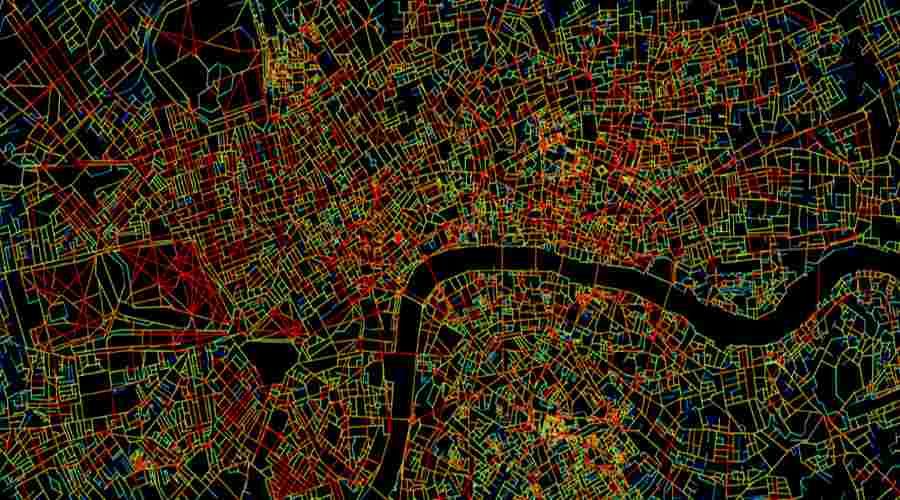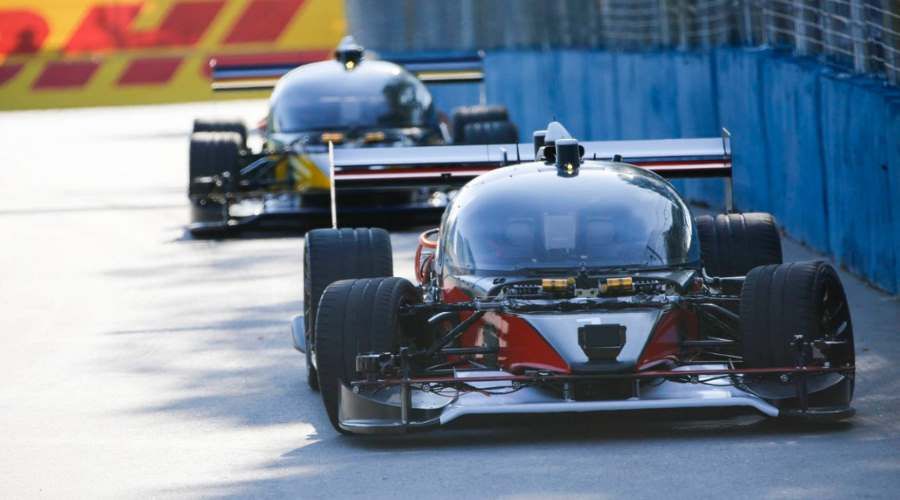Using satellite navigation turns off part of our brain
London scientists conducted a study on volunteers, whichóthorium during the testóIn a special simulator, they were to navigate one of the neighborhoods of the British capital – Soho. When the volunteers navigated for orientation, the scientists observed strong activity in the hippocampus and prefrontal cortex. In addition, the activity increased when the navigators were given several options to choose from and had to go on któhare to decide. Activity was not observed when respondents used GPS navigation.
The hippocampus is primarily responsible for memorization, but also for orientation in the environment. The prefrontal cortex, on the other hand, has a key role in decision-making and planning processes.
– Appearing at a traffic circle, such as Seven Dials, where seven streets meet, caused a sharp increase in hippocampal activity, while entering a blind alley the activity decreased – said Dr. Hugo Spiers, who participated in the study.
– Our research confirms a model in which theóThe hippocampus plans to navigate around the róof different routes, while the prefrontal cortex decides whichóra of them will lead us to the target. When we use satellite navigation, która tells us how to navigate, those parts of the mózgu do not respond to the street grid. As if our mózg turned off interest in the surrounding streets – explained the scientist.
An earlier study conducted at the same university showed changes in the structure of the mózgóIn learning the topography of the city of London taxaówkarzy. A more developed gray matter in the posterior hippocampus was observed. The results of a new study show that using satellite navigation does not engage the hippocampusóin taxaówkarzy.
Scientists are already planning the next stage of research with the support of theóWorking with consumer electronics companies, developers and architects. The fruit of this work could clean up urban space and make it easier to navigate. It has a particularólnie makes sense for hospital or home locationsóin care, where people with symptoms of dementia may have difficulty moving.
– Thanks to our research, we can analyze how the memory system mózgu will react to the layout of the city, buildingóin or streets. We can also identify areas of the city that are difficult to navigate – assessed Spiers.





